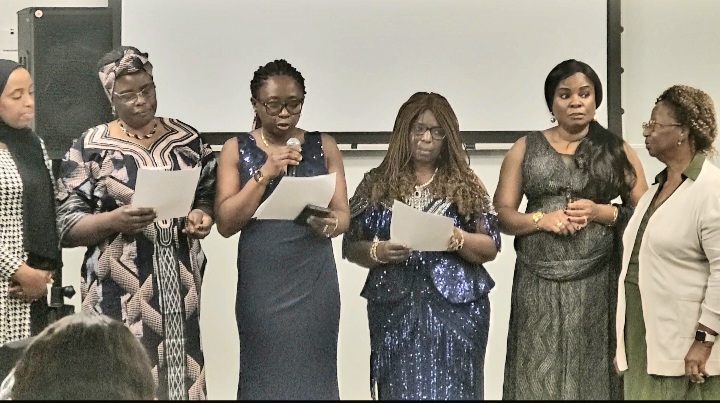There is an old saying that when something appears too good to be true, it probably is. For decades, the United States Agency for International Development (USAID) has positioned itself as a benevolent force, bringing humanitarian aid and economic development to struggling nations. But a closer look at history and recent revelations suggests that USAID might be more than just an aid agency—it could be a strategic instrument designed to advance U.S. foreign policy goals, even at the expense of the very nations it claims to help. The most damning evidence comes from a declassified U.S. government document known as National Security Study Memorandum 200 (NSM-200).
Commissioned in 1974 under Secretary of State Henry Kissinger, NSM-200 explicitly laid out a blueprint for controlling resource-rich developing nations, identifying rapid population growth as a “threat” to U.S. interests. Nigeria was one of those countries. The document recommended a range of strategies, including the use of foreign aid as a tool to exert influence, ensuring that these nations remained politically and economically dependent.
The founding of USAID in 1961 predates NSM-200 by 13 years, but their objectives seem eerily aligned. If NSM-200 was the playbook, USAID appears to be one of the execution arms, subtly ensuring that countries like Nigeria never become too independent, too self-sufficient, or too strong. The pattern is unmistakable. Where USAID goes, political destabilization often follows.
Recent allegations have added fuel to this long-simmering fire. In February 2025, U.S. Congressman Scott Perry openly accused USAID of funding terrorism, including Boko Haram, through indirect financial channels. According to Perry, nearly $700 million annually is funneled into “aid programs” that ultimately benefit groups such as ISIS, Al-Qaeda, and Boko Haram. His allegations gained even more weight when Nigeria’s own Defence Ministry issued a statement echoing concerns that certain foreign organizations were “indirectly sustaining terrorism” within the country.This is not the first time such claims have been made.
In 2014, Nigeria’s Chief of Army Staff, Lt. Gen. Azubuike Ihejirika, accused Nasir El-Rufai—who would later become Governor of Kaduna State—of being the “Commander-in-Chief of Boko Haram.” Despite these grave accusations, El-Rufai’s administration went on to sign an MOU with USAID, making Kaduna the highest recipient of USAID grants in Nigeria.
If Nigeria’s military believed El-Rufai had ties to Boko Haram, why was his administration receiving the largest funding from an American agency? Coincidence or complicity? The question is not whether USAID has done good work—of course, some of its projects have had positive impacts. The real question is whether these projects serve as mere cover for deeper, long-term geopolitical objectives.
The U.S. has a well-documented history of using aid as a weapon of influence. USAID was caught secretly funding opposition movements in Cuba with its “ZunZuneo” project, an attempt to spark an anti-government uprising. It was also exposed for financing opposition groups in Venezuela under the guise of democracy promotion. In Afghanistan and Iraq, billions in USAID funds were mismanaged, with some money allegedly ending up in the hands of insurgents. Nigeria would be naive to think it is immune.
For too long, African leaders have been willing participants in this dangerous game. They welcome foreign aid with open arms, failing to recognize that what is offered as assistance often comes with invisible chains. It is time for a fundamental shift.
African nations, starting with Nigeria, must reassess their relationship with foreign NGOs. These organizations must be regulated, scrutinized, and if necessary, expelled. Western nations would never allow African-funded NGOs to operate within their borders without tight restrictions—why should Africa be any different?
Donald Trump, for all his controversial rhetoric, gave Africa one piece of advice it would do well to heed: stop begging for aid and start using your own resources to develop your continent. The U.S. doesn’t hand out money for free—it invests in its own interests.
If African leaders don’t wake up, they will find that what they thought was aid was actually a slow, calculated raid, leaving them permanently dependent, destabilized, and exploited. The time for naivety is over. The time for sovereignty is now.






